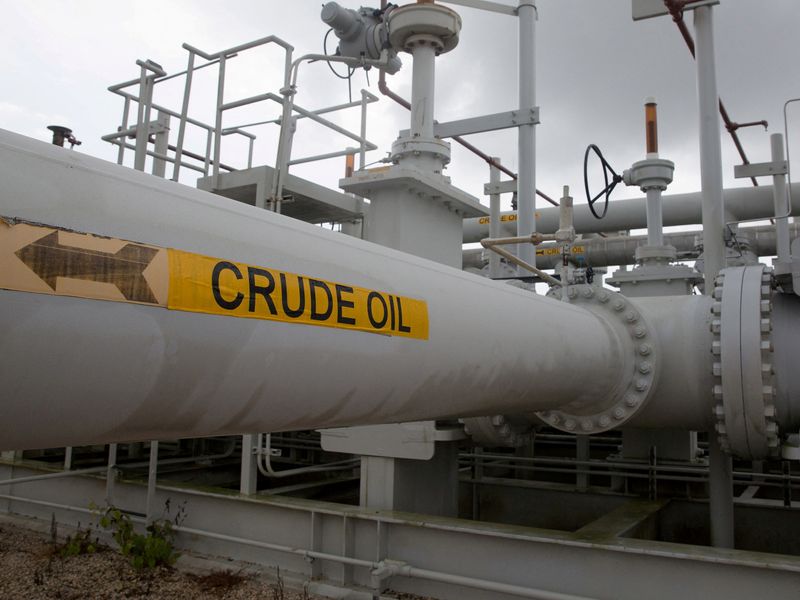Oil fallen by 10% in three days
2022.12.07 06:23
[ad_1]

Oil fallen by 10% in three days
Budrigannews.com – The price of has fallen by up to 10% this week to its lowest level since the beginning of January, offering some relief in an otherwise bleak outlook, as it appears that everyone on Wall Street is fretting about stagflation next year.
The price of a barrel of oil fell below $79 for the first time since January 4 despite the fact that China lifted its strictest COVID restrictions on Wednesday and that expected U.S. and G7 economic data continue to outperform forecasts.
Importantly for those who worry about inflation, year-over-year gains in crude prices, which were 50-100% between the invasion of Ukraine in February and mid-year, have now fallen to just 4% and may soon be a disinflationary force in consumer price baskets. Prices at the pump in the United States are down nearly 30% from their peak in June.
Concerns about a recession in 2023, the absence of new OPEC output cuts at the meeting last weekend, and evidence of the damage caused so far by China’s draconian zero COVID stance in China’s November trade numbers have all contributed to a general decline in oil prices.
However, the impact of Monday’s G7 Russian oil price cap at $60 pb for seaborne crude is anchoring prices and underscoring massive discounts for Russia oil, which is already selling for as low as $55 pb, contrary to many previous energy market assumptions.
According to officials at the United States Treasury, the price cap is “institutionalizing” current market discounts.
The oil move hasn’t had much of an effect on equity markets yet, which are already shaken by fears of a recession and the possibility of four major central bank interest rate rises in the next week. The move has only hurt energy stocks.
The Bank of Canada, the Federal Reserve, the European Central Bank, and the Bank of England will all likely raise rates by half a point next week, making it the latest on the list on Wednesday.
After having their fourth consecutive down day on Tuesday, futures traded in the red on Wednesday. Despite the lifting of COVID restrictions, Asian and European stock markets were also in negative territory, including Shanghai and Hong Kong.
Although the recession flag embedded in the 2-10 year yield curve inversion deepened to 84 basis points overnight, ten-year U.S. Treasury yields remained roughly 3.5%. The dollar was a little bit stronger.
In politics, Democrat Raphael Warnock defeated Republican former football star Herschel Walker’s challenge to win re-election to the U.S. Senate in a Georgia runoff on Tuesday. This strengthened his party’s razor-thin majority.
Walker’s defeat is yet another setback for Donald Trump, who is vying for the Republican nomination to run for president again in 2024. The Trump business was also found guilty of tax fraud on Tuesday, making Walker’s defeat even more devastating. In the midterm elections this year, the former president backed Walker and dozens of other prominent Republicans.
After German authorities detained 25 members and supporters of a far-right group who, according to the prosecutor’s office, were preparing a violent overthrow of the state and some of whom were suspected of planning an armed attack on the parliament, there was some unease in Europe.
The following are important developments that could guide U.S. markets later on Wednesday:
Consumer credit in the United States in October, unit labor costs in the third quarter, and productivity NYSE: Brown Forman, NYSE: Campbell Soup GameStop, Inc.
* Fabio Panetta, a member of the board of the European Central Bank, speaks * The so-called European Intervention Initiative, a group of 13 European defense ministers, meets in Oslo to discuss the security situation in Europe following Russia’s attack on Ukraine. Deflation of crude? Graphic: In November, China’s exports and imports decrease,








